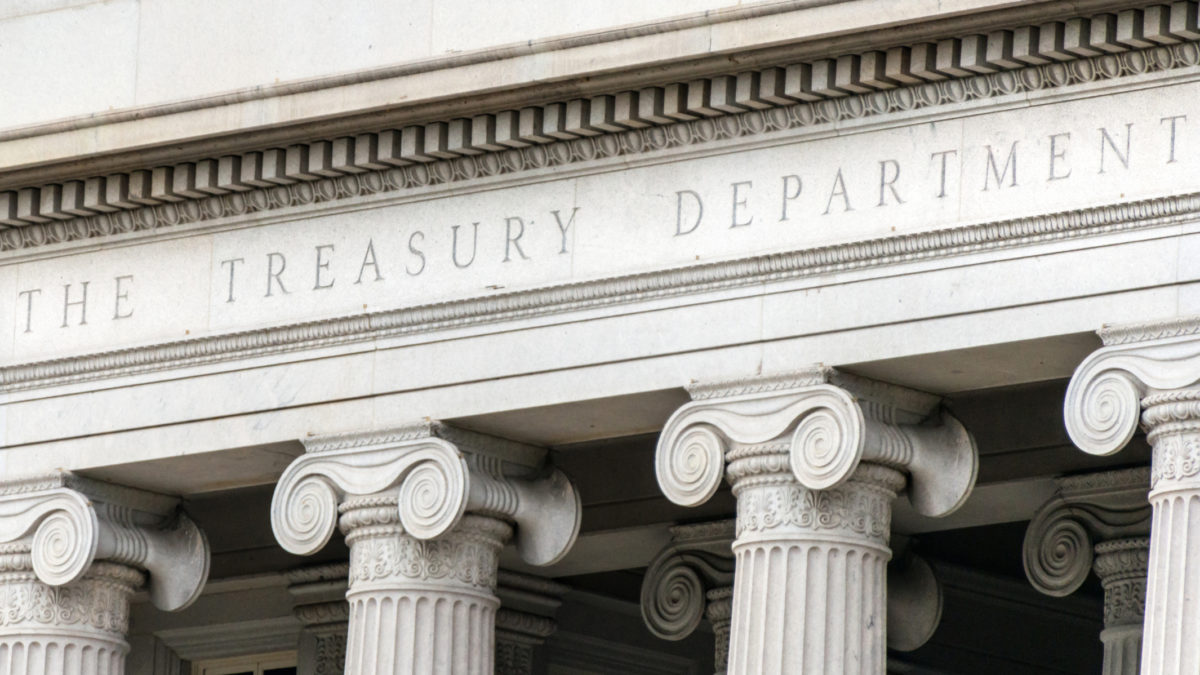
Sanctions Round-Up: January 2020
Mali – 7th January
The Council of the European Union and the United Kingdom’s Office of Financial Sanctions Implementation (OFSI) amended regulations pertaining to five individuals in Mali, following the United Nations Security Council’s (UNSC) approval of additional measures on them in December 2019.
In June 2019, France requested that the five be added to the UNSC’s sanctions blacklist. Two of the five – Houka Houka Ag AlHousseni and Mahri Sidi Amar Ben Daha – have been accused of jihadist activities in northern Mali, while two others – Mohamed Ben Ahmed Mahri and Ahmed Ag Albachar – are businessmen. Mahri was cited for funding armed groups through drug trafficking, while Ag Albachar, who is the head of a humanitarian commission in Kidal, stands accused of using his influence to manipulate the aid process to further his personal interests, threatening NGO workers operating in the area. The final member of the five is Mohamed Ould Mataly, an MP from President Ibrahim Boubacar Keita’s ruling party, who has been accused of instigating demonstrations against the 2015 Mali peace accord.
Following France’s request, the five individuals were added to the UNSC Sanctions List and subjected to a travel ban in July 2019. In December 2019, the UNSC approved additional measures to these five entries, placing asset freezes on them, leading to the EU and UK following suit last month.
South Sudan – 8th January
The United States’ Office of Foreign Assets Control (OFAC) sanctioned Taban Deng Gai, the First Vice President of South Sudan, under its Global Magnitsky sanctions regime. He is accused of being involved in serious human rights abuses, including allegedly directing the abduction and death of Samuel Dong Luak, a human rights lawyer, and Aggrey Idry, a member of the Sudan People’s Liberation Movement-in-Opposition.
Deng’s designation came at a time when the US, and other international actors, had lost patience with the regime in Juba, as the South Sudanese peace process continued to stall. In October 2019, the US Treasury placed sanctions on a number of businesspeople that it accused of corrupt dealings with government officials and violation of sanctions. In December 2019, the US Treasury also acted against the Minister of Cabinet Affairs and Minister of Defence for what it says was their role in perpetuating the country’s civil war and obstructing the peace process. Deng’s designation was the most recent step in escalating US sanctions towards the higher echelons of the South Sudanese regime, in a strategy that has been widely interpreted as putting pressure on the administration to form a unity government with the opposition.
Africa Integrity examined this matter in more depth in our January newsletter in an article entitled: The Road to Peace in South Sudan. This article can be found here.
Tunisia – 27th January
The Council of the European Union renewed its sanctions regime against the former ruling authorities in Tunisia, with the OFSI following suit shortly afterwards. The regulation was also amended to reflect the fact that former president Zine El Abidine Ben Ali died in September 2019.
Ben Ali was ousted from his position as president in January 2011 during the Tunisian Revolution, after which the EU placed him and members of his family and inner circle under sanction for “misappropriation of state funds”. The asset freezes currently pertain to 48 individuals and has been renewed on a yearly basis since its introduction in 2011.
Ben Ali was removed from power after over two decades in power and proved to be a catalyst for other anti-government movements throughout the Arab world. The authorities in post-Ben Ali Tunisia have subsequently handed a number of prison sentences to him and his wife in absentia.
Tanzania – 31st January
The US Department of State publicly designated Paul Christian Makonda, the Regional Commissioner of Dar es Salaam, for “gross violations of human rights” in Tanzania. Whilst Secretary of State Mike Pompeo’s statement only made reference to the “targeting of marginalised individuals”, the move has been widely interpreted as a response to a campaign launched by Makonda to identify and punish LGBT people in the city over which he has administrative control.
In November 2018, Makonda announced that he had assembled a taskforce aimed at targeting members of Dar es Salaam’s gay community for arrest and imprisonment. As a result of his designation, Makonda is ineligible for entry into the US, along with his spouse, Mary Felix Massenge.
Pompeo’s remarks also sounded a note of caution regarding concern over “deteriorating respect for human rights and rule of law” in the country, ahead of Tanzania’s upcoming presidential election in October.